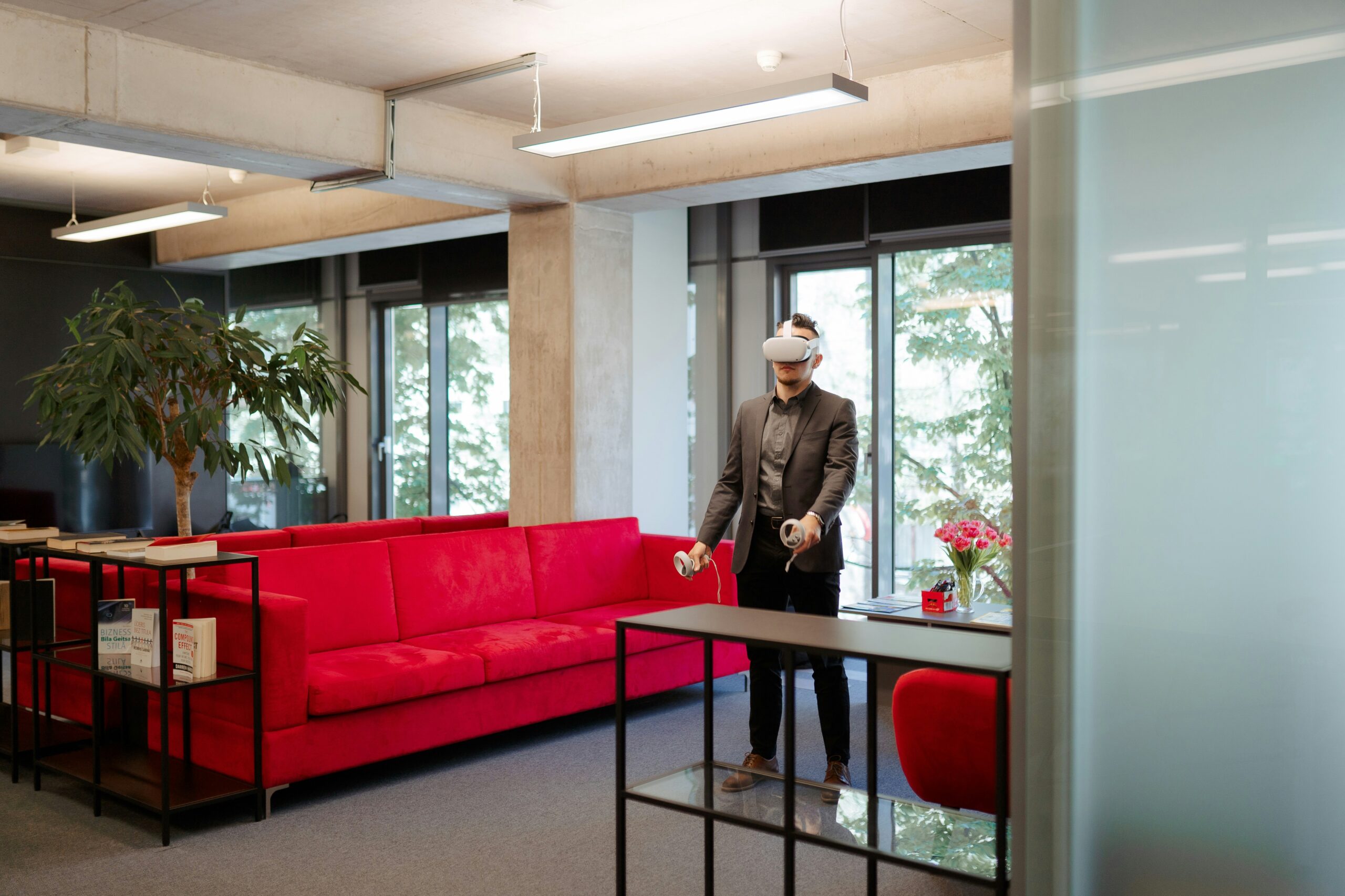New research reveals VR/AR job postings have increased by 154% over the past five years, indicating a growing recognition of immersive technology’s potential for skills development. This shift comes at a crucial time, with human skills in particularly high demand – in fact, demand for human skills currently outweigh digital skills by 2.4x across UK businesses.
Addressing Critical Workplace Challenges Through Immersive Learning
As organisations adapt to evolving workplace demands, immersive learning technologies are providing new solutions for complex training scenarios that traditionally prove difficult to address through conventional methods. Research from PwC highlights the effectiveness of this approach, finding that employees learning through VR are 275% more confident in applying their new skills – in addition, they complete training four times faster through VR than through traditional methods.
Here are three examples of challenging workplace scenarios where immersive learning is helping organisations move beyond traditional training approaches:
- Workplace Harassment Prevention: The Worker Protection Act, introduced in October 2024, requires employers to take “proactive and reasonable steps” to prevent workplace harassment. Immersive learning enables employees to practice handling sensitive situations in protected environments, moving beyond basic awareness training to develop genuine confidence in identifying, addressing, and escalating incidents appropriately.
- Leadership Development and Conflict Resolution: With a significant confidence gap in training effectiveness – 77% of UK employers feel their workforce receives adequate development while only 40% of employees agree – immersive learning allows managers to practice difficult conversations and critical feedback in risk-free environments, helping build more capable leaders through hands-on experience.
- Addressing Workplace Inequity: While 77% of women are actively striving to upgrade their skills, only 50% feel their companies support their development—compared to 58% of men. Immersive learning enables managers to practice crucial career development conversations and recognise unconscious biases, helping organisations create more equitable pathways for advancement and ensure all employees receive fair opportunities for growth.
Building accessible, scalable learning solutions
As organisations continue to seek effective ways to develop human capabilities at scale, immersive learning technologies offer a promising path forward. By providing safe environments for practicing complex workplace scenarios, virtual reality is transforming how organisations approach skills development. However, the key to realising this potential lies in democratising access to these technologies. Recent partnerships between leading learning providers and technology companies, such as Cornerstone’s collaboration with Meta, demonstrate the industry’s commitment to making XR more accessible, enabling organisations to deliver impactful training experiences that prepare workforces for real-world challenges.
About the research
This report this data was pulled from is highly unique. Instead of merely a survey, the findings have been pulled from more than 40 TB of job market data covering 200 countries and territories encompassing job postings, resumes, government data, and other data points in 11 languages.







